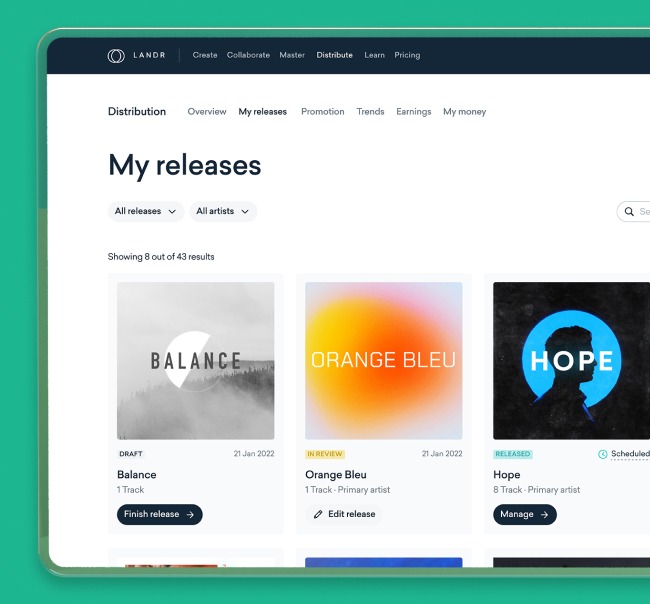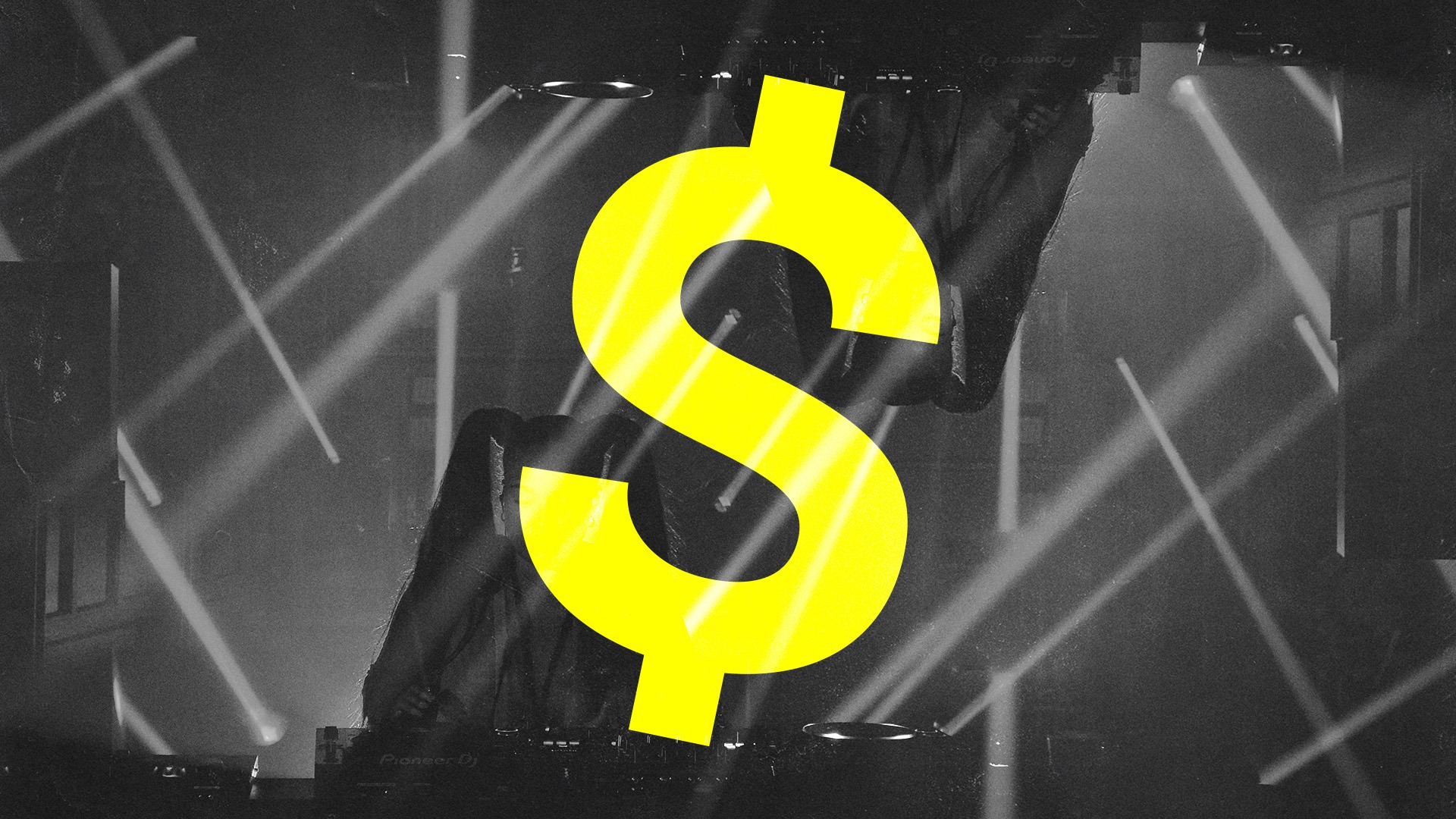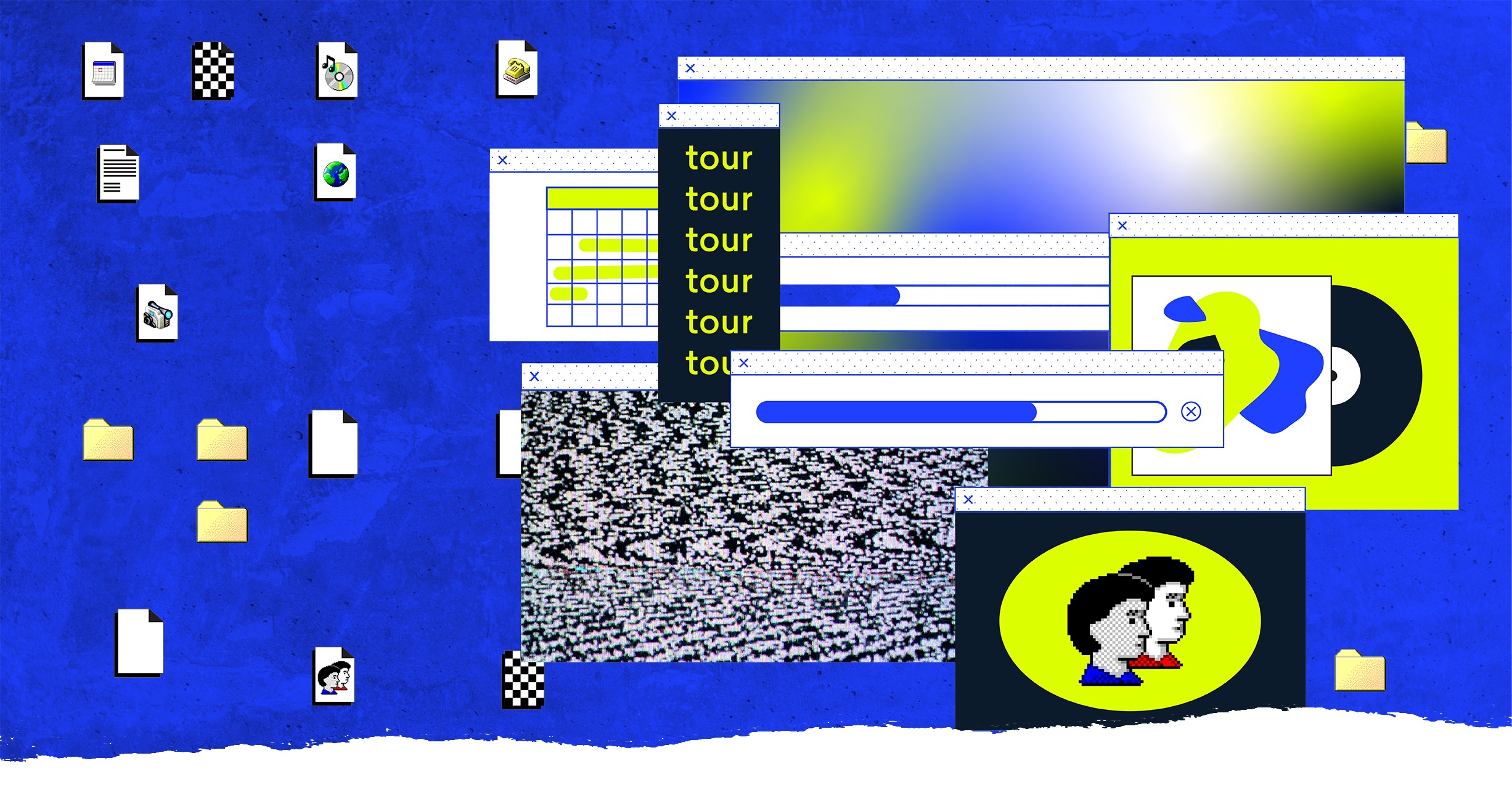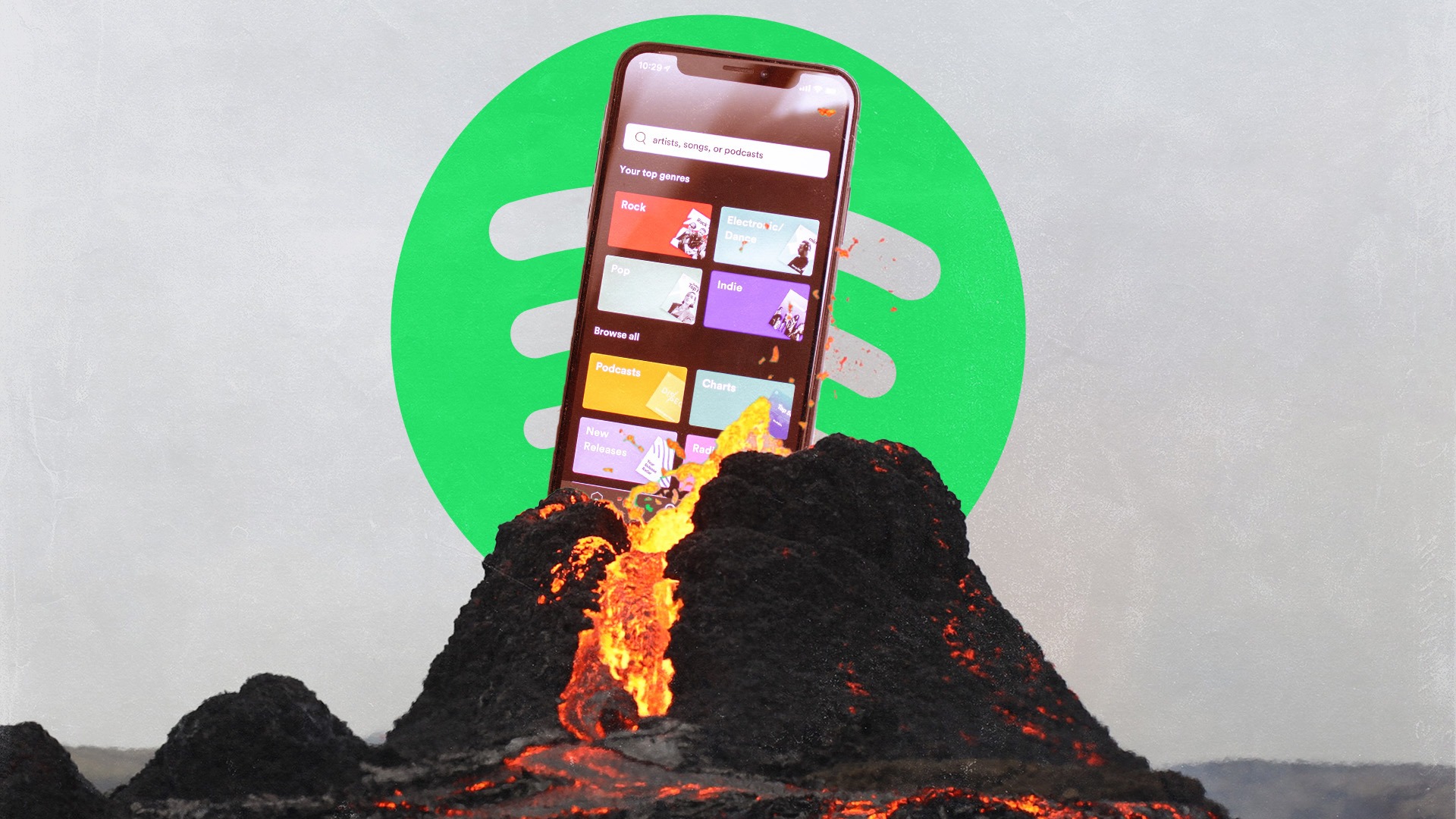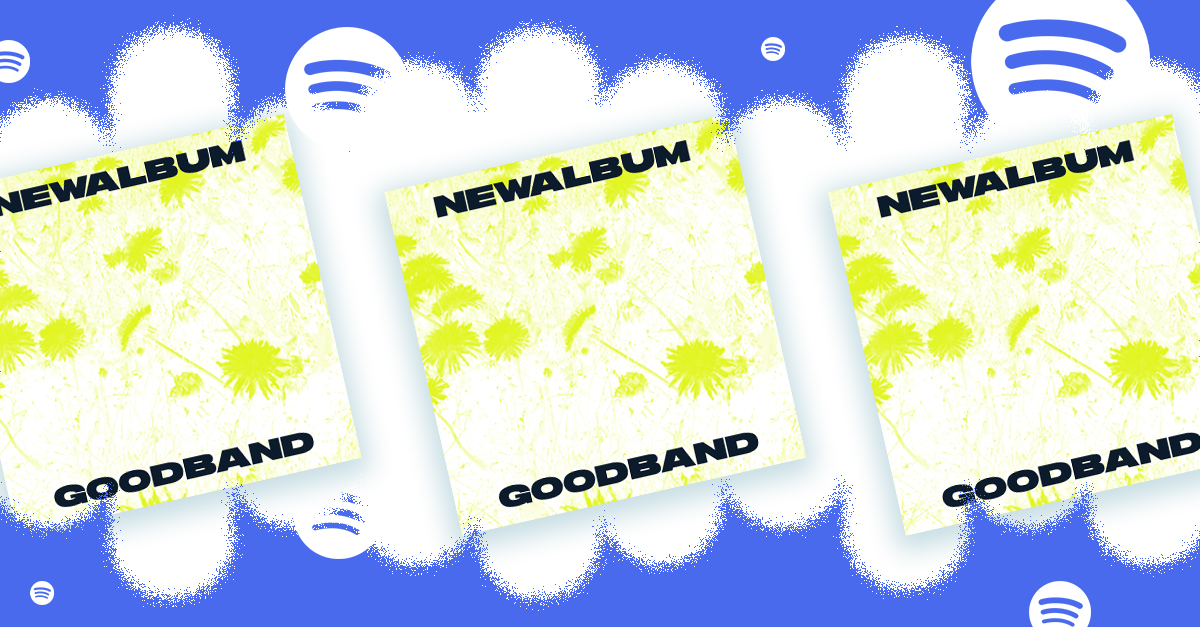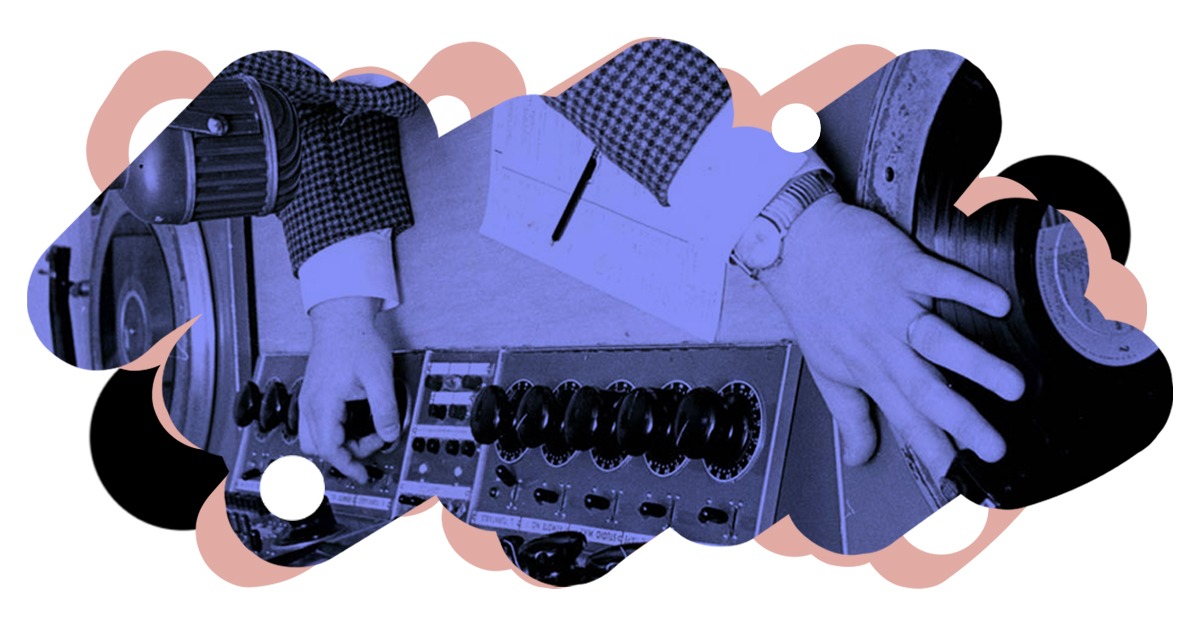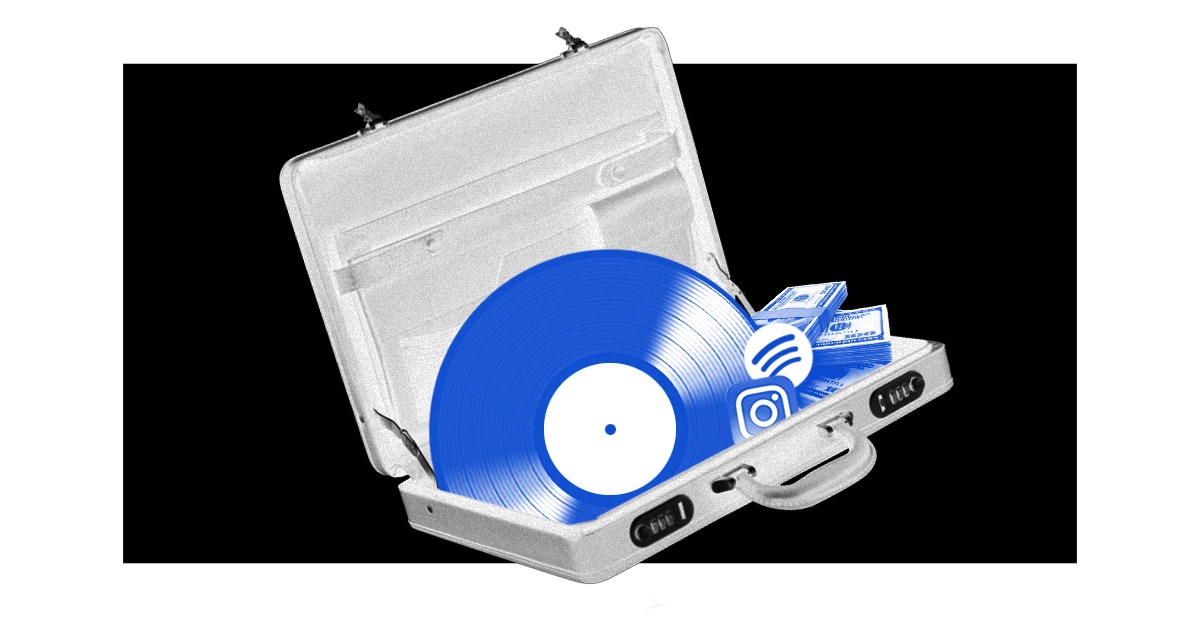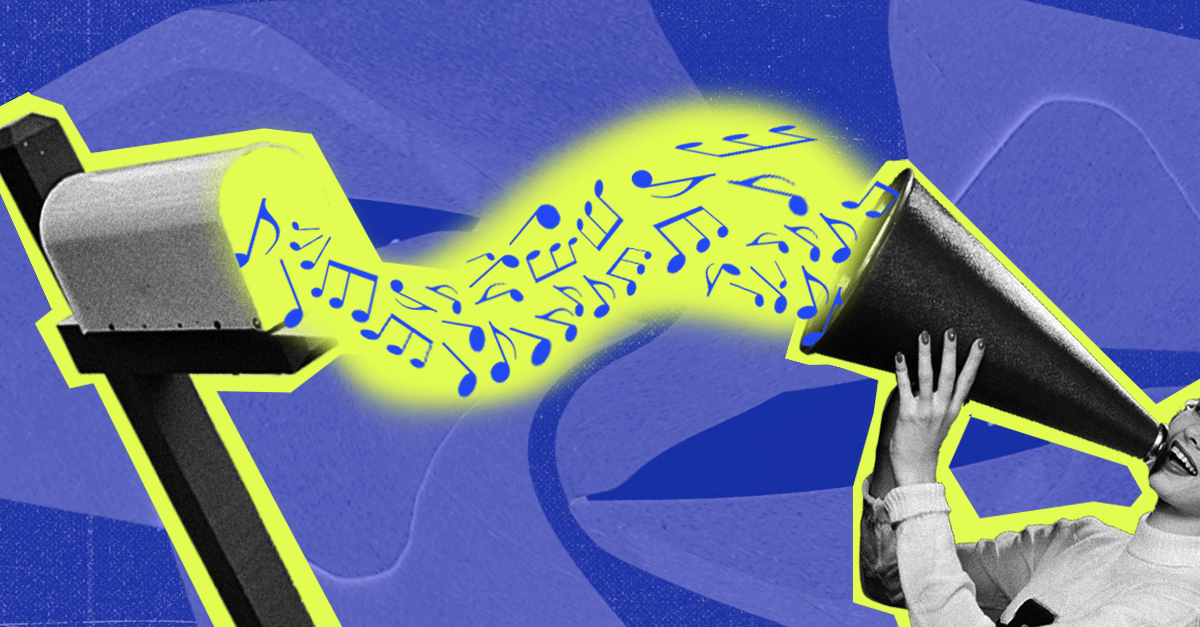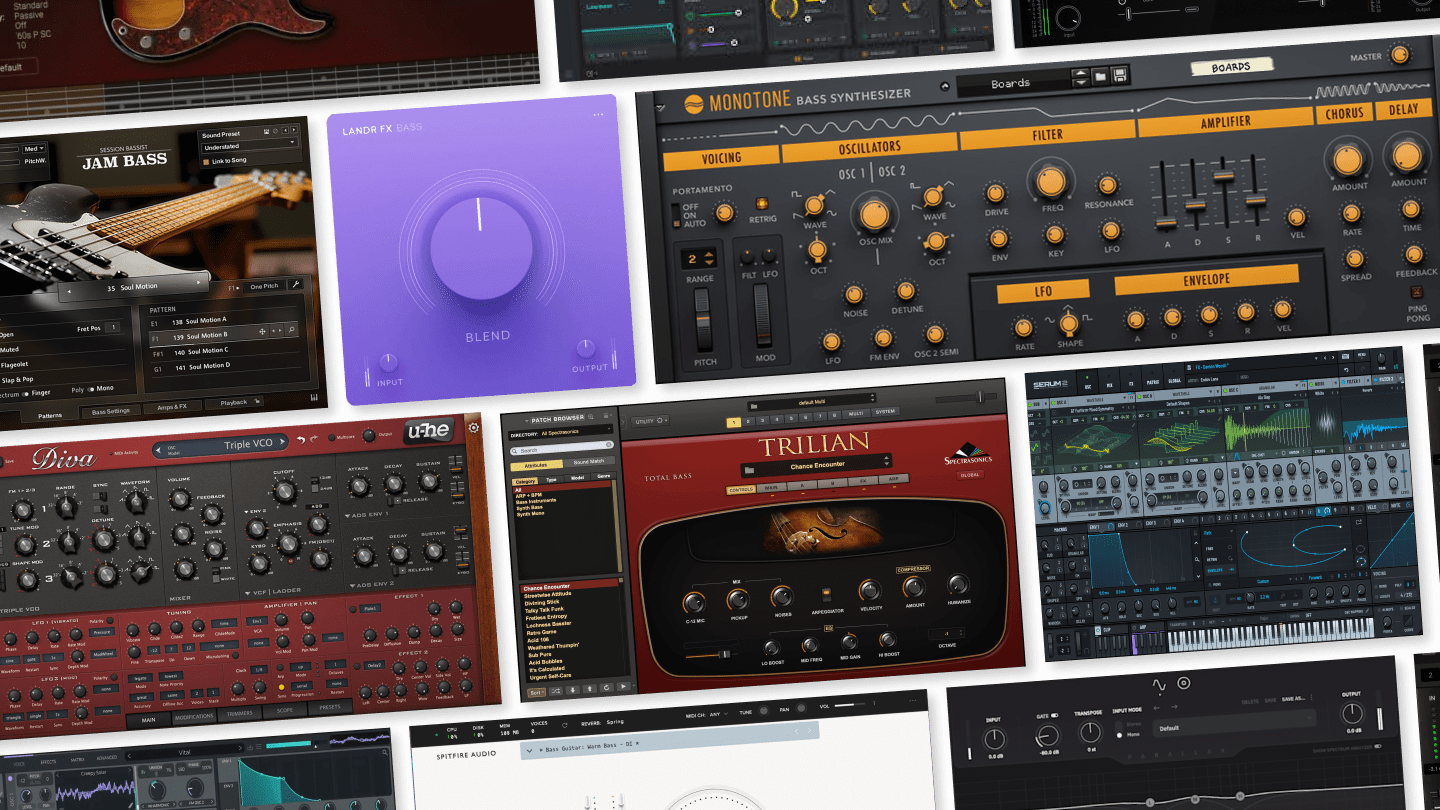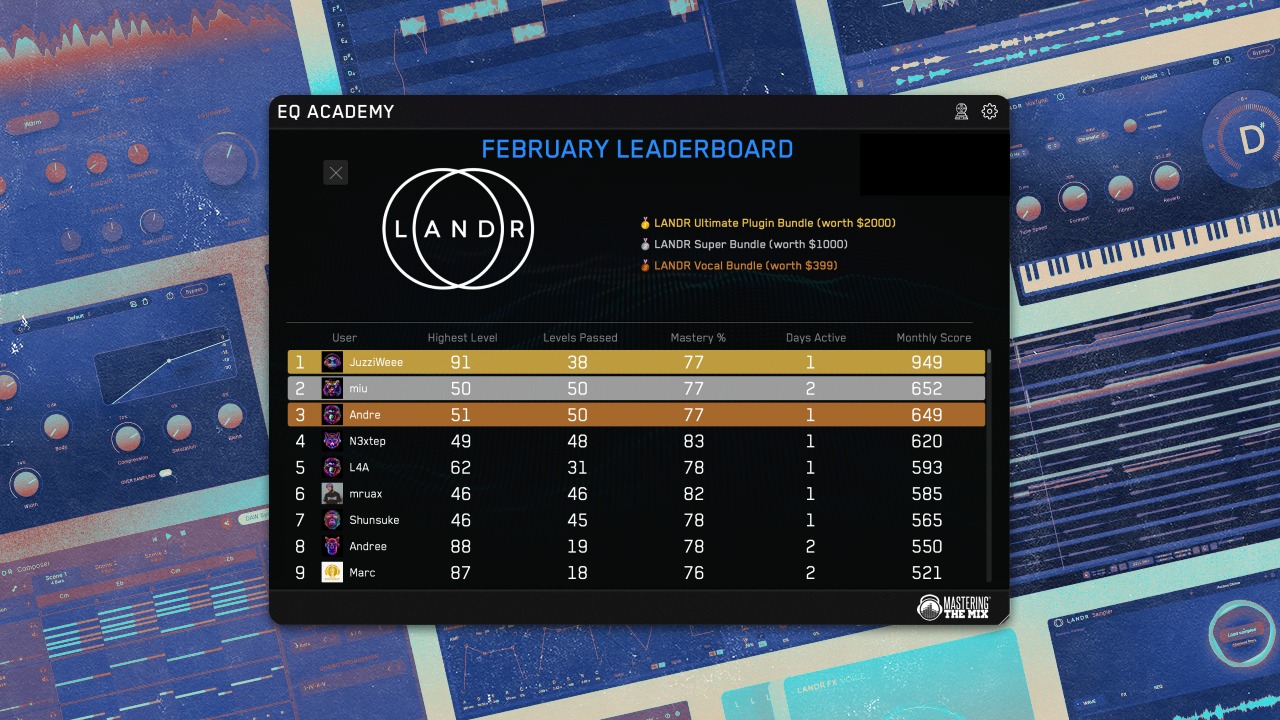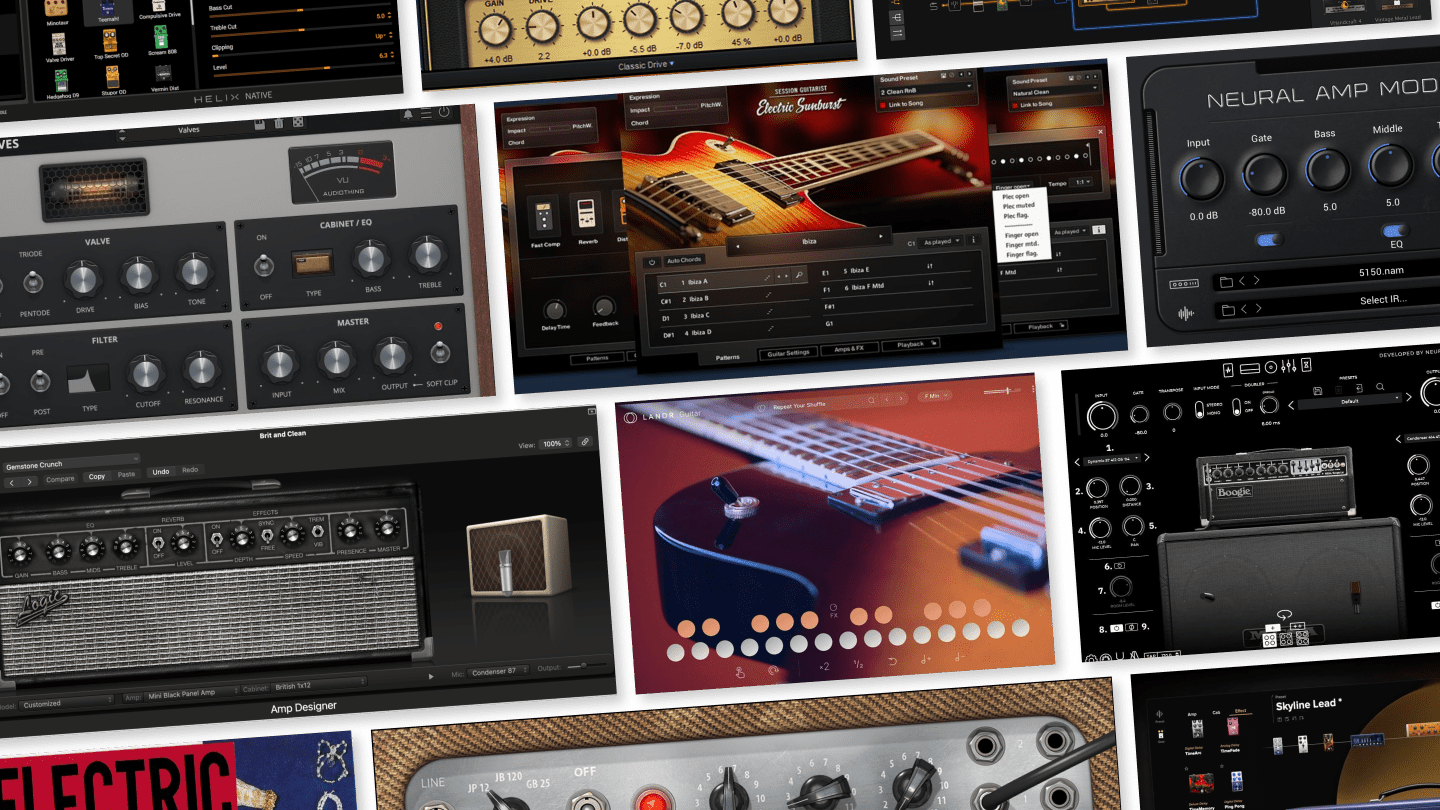
How to Find a Music Manager: 2026 Guide

Knowing how to find a music manager is an important step when the time is right.
If you’re serious about turning your craft as a musician into a long-term profession, you might need help dealing with the more complex and challenging aspects of the business.
This is where a music manager comes in. Once you reach a certain point, you’ll need to know whether it’s the right step and how to make it happen.
Let’s dive in and look at everything you need to know.
What is a music manager?
A music manager is responsible for planning and carrying out the overall creative and professional journey of a musician or band. This can involve a wide range of responsibilities, including music production, branding and promotion, career strategies, partnerships, sync placements, and more.
There are also managers who specialize in specific areas.
Business managers deal with the financial side of things, while road and tour managers handle the logistics of touring.
Artists who do need management will typically start with a more standard music manager (sometimes called a personal music manager) before other specialists come into the picture, if at all.
They can help you tell the story of your creative output while handling strategic, logistical, and business-related needs.
Some aspects of artist management are much easier and more directly accessible to musicians than in the past.
It’s now pretty common for bands and artists to handle their own music distribution, for example.
But growing a career on a bigger scale still involves a lot of work and decision-making that requires the help of a professional.
Finding a music manager give you access to the skills, experience, and connections that make that process more effective.
How much do music managers charge?
Music managers work on commission. The standard cut is usually 15 to 20% of the artist or band’s gross revenue. The exact number and the details of the agreement can vary widely, so it ultimately depends on the arrangement that you reach with your manager.
No matter what the portion is, this commission is a big factor when deciding whether or not it’s the right time to look for management.
After all, finding a music manager isn’t worth giving up a cut of your hard-earned cash unless you’re taking in a significant amount of income through your music.
Music manager vs. agent
It might seem like managers and agents do the same thing, but there are important differences. Unlike music managers, agents tend to specialize in getting gigs for musicians and negotiating their fees. They might also take on other roles, depending on the situation.
Music managers, on the other hand, have a broader set of responsibilities, like we mentioned above.
Legally speaking, agents are the only ones who can actually negotiate the terms of a contract on behalf of an artist.
But if a music manager plays a role in arranging a deal that an agent negotiates, they may collect a commission for their help.
Some musicians will have only a manager or an agent, while others will have both. In fact, plenty of artists have been successful without either.
It all depends on your situation, your needs, and your goals. Not all artists have the same arrangement.
When will I need a music manager?
Musicians and bands usually need a music manager when their fanbase is large enough to justify long-term planning. Once you reach a certain level of exposure, you might be presented with creative and business opportunities that require more resources and careful consideration. This is when a manager can come in handy.
The idea of finding a music manager can be pretty exciting, but depending on where you’re at in your journey, it might not be the right step to focus on.
Try not to think of artist management as a starting point or a way to become successful as quickly as possible.
Instead, think of it as a way for you to expand and take advantage of a large fanbase once you’ve worked hard to establish it.
Before you get to that point, you’ll need to cover the most fundamental bases.
This includes developing a solid brand and online presence, getting gigs for yourself, and of course, creating and releasing excellent music.
It’s also important to remember that many producers, musicians, and vocalists find a steady stream of work without management at all.
Again, this is what’s great about having access to platforms that give artists more direct control over their careers.
How to find a music manager
So, let’s say you’ve gathered a big enough following and it’s time to enter the next phase of your journey. How do you actually find a music manager?
It’s all about developing new relationships.
While it would be pretty nice to simply be “discovered,” it’s a good idea to put active effort into your search and get yourself out there.
There’s no universal or guaranteed procedure, but there are a few key steps you can follow.
1. Research managers in your scene
Make a habit of researching, discovering, and engaging with managers and agencies that are relevant to your music.
Follow them on social media and take note of their contact info, or the contact info of their team.
2. Network and make connections
Meet and collaborate with artists, bands, and music professionals who have management that might be a good fit for you.
Approach your search as a creative networking and community-building process.
3. Stay consistent with your gigging
As you perform more often and at better venues, you’re more likely to make an impression on a manager who’s in attendance.
If you open for an act whose management is a good fit for you, this could also be an effective way to get yourself noticed.
4. Be prepared when you reach out
Whether it’s a cold email, a DM, or an introduction via a mutual friend, there are plenty of ways to make contact with a potential manager.
But no matter how you connect, it’s a good idea to have an electronic press kit ready for when you need it.
This can be very useful for giving potential managers a good sense of your work, your following, and your accomplishments.
Keep these interactions both friendly and professional, be respectful of their time, and don’t expect immediate interest or even a reply in every situation.
Securing artist management is very often about the long game.
Music promotion
Learn how to get your music heard and build your fanbase.

Things to keep in mind
It’s important to remember that finding a music manager isn’t just about getting one, it’s about getting the right one.
Strong artist management helps to create a relationship between art and business that’s profitable for everyone involved.
But there’s more to it than just cashing checks.
A worthwhile manager genuinely believes in your music, your vision, and your potential.
They support you in fulfilling your creative goals, help you come up with new ones, and drive you to consistently evolve and improve as an artist.
Until you find the right music manager, focus on developing your craft. Play gigs, build your fanbase, and put out new material.
Stay on top of these essentials while you network and build the right relationships. You could land yourself a manager that will take you exactly where you want to go.
Gear guides, tips, tutorials, inspiration and more—delivered weekly.
Keep up with the LANDR Blog.


